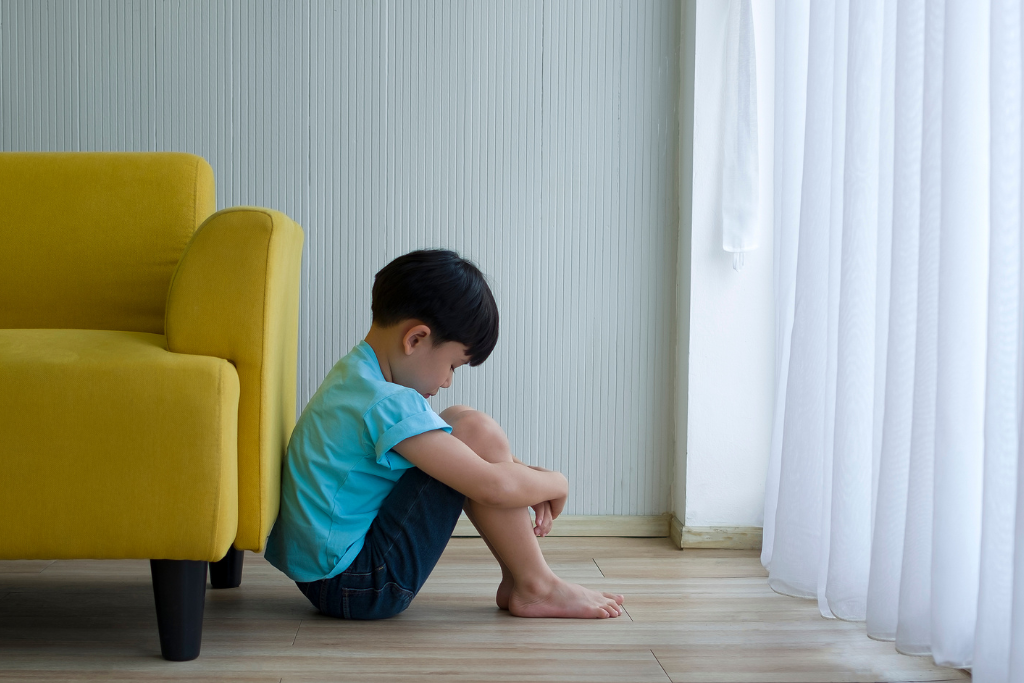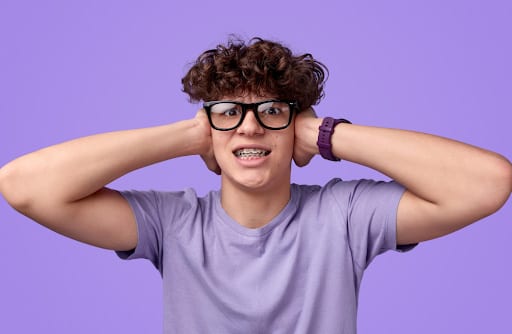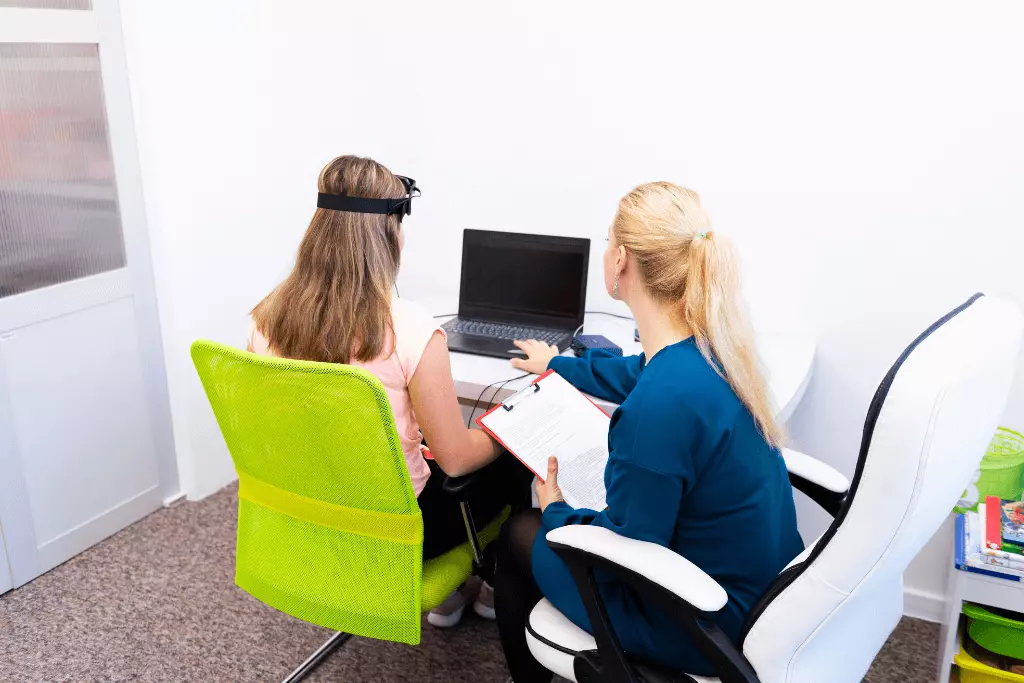
Is SPD Neurodivergent? Unpacking the Dimensions of SPD
Sensory Processing Disorder (SPD) is getting a lot of attention these days. People are curious if it fits into what we call neurodiversity. Neurodiversity means everyone’s brain works in its own special way, including those with autism, ADHD, and now maybe SPD too. SPD is when the brain has a hard time dealing with what we see, hear, touch, taste,











